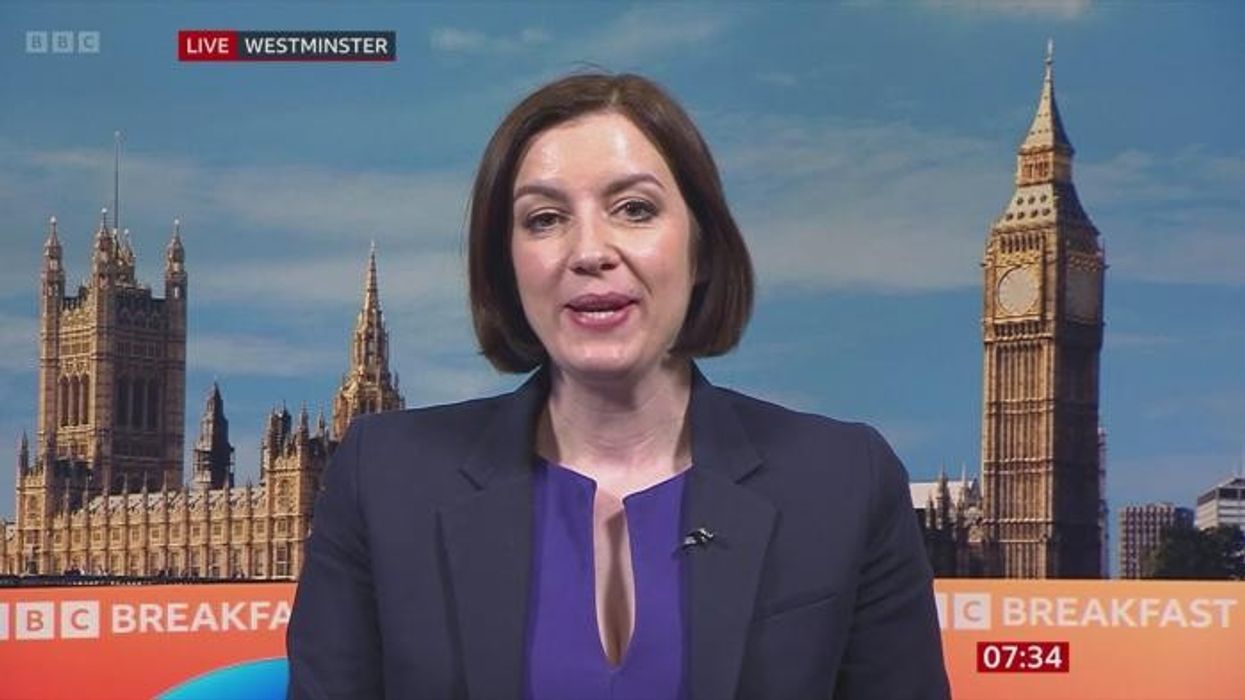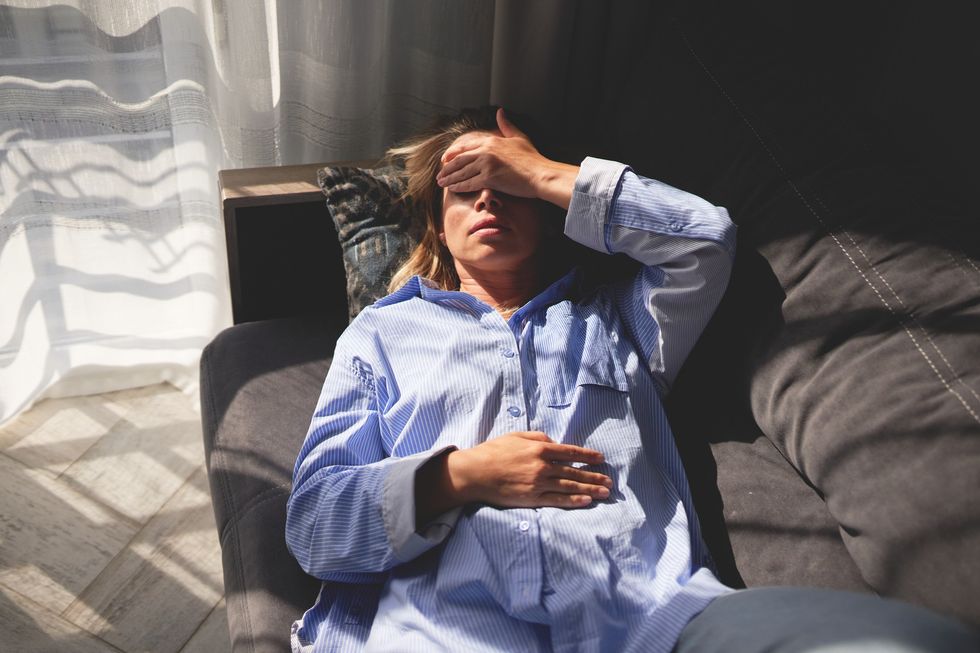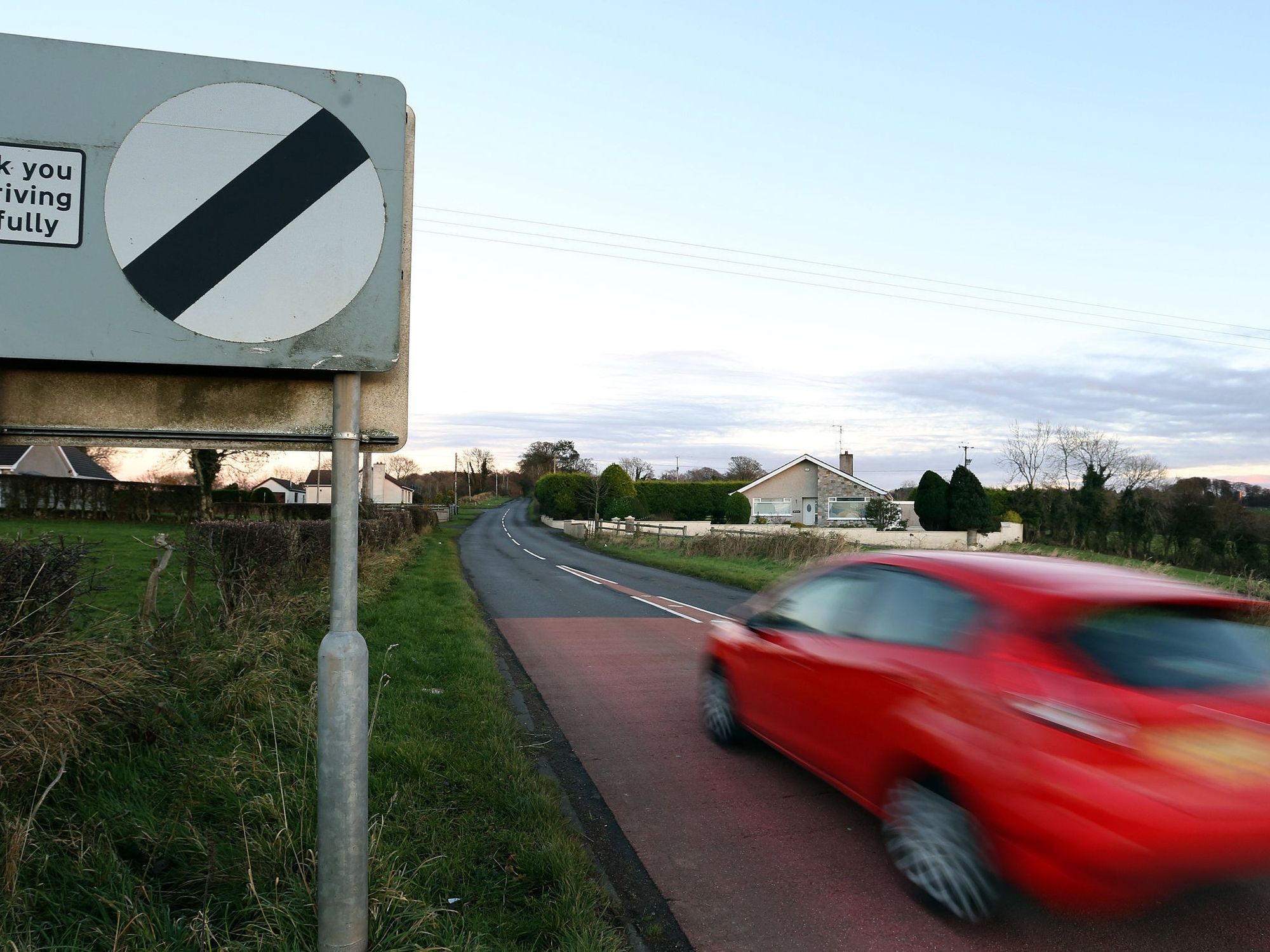Gen Z twice as likely to take time off for mental health

Education Secretary defends comments that children need to be taught more 'grit' |
GB News
Official figures from the Office for National Statistics show 2.79 million people are now on long-term sick leave
Don't Miss
Most Read
Young workers are taking almost double the number of mental health sick days as the rest of the workforce, a major new survey has found.
New research shows 40 per cent of Gen Z employees (aged 18–34) took more than one day off in the last year for poor mental health – compared to 23 per cent across all ages and just 7 per cent of over-55s.
More than half (52 per cent) said their mental health had damaged their productivity, and over a third (36 per cent) admitted they had considered quitting their job because of a lack of support.
*ARE YOU READING THIS ON OUR APP? DOWNLOAD NOW FOR THE BEST GB NEWS EXPERIENCE**
Nearly half said they would use online therapy if it were available, but many reported they could not access it due to cost, waiting lists, or lack of workplace provision.

Young workers are taking almost double the number of mental health sick days as the rest of the workforce, a major new survey has found
|Getty
The research carried out by Chrysalis, the UK’s largest counsellor training provider and based on 2,277 employees, also found that younger employees were far more likely than older colleagues to link poor mental health with job performance.
The findings are echoed by a 2025 Statista survey which revealed 63 per cent of Gen Z value work-life balance above pay or promotions - a sharp contrast with older generations, where salary traditionally came first.
Some experts have questioned whether the rise in mental health absences reflects the true scale of illness.
Polling by the Centre for Social Justice (CSJ) found “84 per cent of GPs believe everyday stress is too often being labelled as mental illness” - raising fears of over-diagnosis and diverting resources away from those with severe conditions.
Some experts also point to changes in welfare rules, the availability of sick notes, and shifts in workplace culture as possible factors influencing the rise.
Joe Shalam, Policy Director at the CSJ, said: "We've come on leaps and bounds on mental health but the danger now is that good intentions are turning into terrible outcomes for young people. I was struck by the number of GPs we spoke to who told us the real crisis now is over-diagnosis.
"As well as a pay packet a job provides routine, purpose and proven mental health benefits.
"We need to urgently reform the welfare system to get thousands more youngsters into work, the future of our economy depends on it."
Official figures from the Office for National Statistics show 2.79 million people are now on long-term sick leave - close to record highs.
Among young adults, the number on long-term sick has more than doubled in the past decade.
Workplace absence due to mental health is now estimated to cost UK employers around £56 billion a year, according to the 2024 Deloitte Mental Health at Work report – a figure that has risen by over 150 per cent since 2019.

Official figures from the Office for National Statistics show 2.79 million people are now on long-term sick leave - close to record highs
| GETTYThe Health and Safety Executive says stress, depression and anxiety account for over half of all working days lost to work-related ill health in Britain.
In 2022/23 alone, mental health issues linked to work led to 17.1 million days lost.










